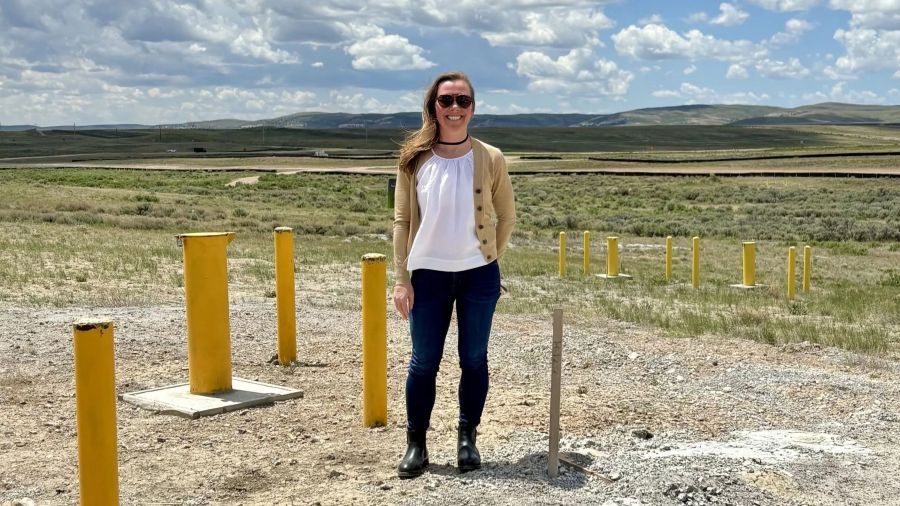Brookings Makes Policy Recommendations to Address Challenges for Older Workers
Brookings Makes Policy Recommendations to Address Challenges for Older Workers
Last week, the Brookings Institute held a webinar titled, “Improving Economic Opportunity for Older Workers.” Panelists included experts in employment research and policymaking who have authored reports that make policy recommendations aimed at increasing employment opportunities for older Americans. The panelists make the argument that while the U.S. workforce has become increasingly reliant on older workers, little has been done to change the societal structure surrounding employment in older age.
Panelists find that policies surrounding building a skilled and capable workforce often center on preparing the youngest workers and those who have not yet entered their working years, despite older workers staying in the workforce longer than ever. There are many robust federal and state programs that work to help new and young jobseekers find jobs, but there are no systems created to specifically meet the needs of older working adults.
In one particular report that was produced in conjunction with the webinar, "Improving economic opportunity for older workers,” the authors suggest that though it is common to now work beyond the traditional age of retirement due to financial strain, policies have not adapted to accommodate for the change in need. “Owing to a variety of factors including changes in the structure of private retirement benefits, an increase in the eligibility age for claiming full Social Security benefits, and stagnant wages in recent decades for those at the bottom and middle of the earnings distribution, a large share of older Americans lack adequate savings for retirement.”
In another report produced in conjunction with the webinar, “Strengthen age discrimination protections to help confront the challenge of population aging,” author David Neumark writes that while the United States has federal legislation to prohibit age discrimination, actions need to be taken to enforce these laws and protect older workers. He suggests increasing damages and amending the law to more clearly define age discrimination.
As technology advances, there has been an increased focus on ensuring the workforce is capable and ready to take on the new opportunities the technology creates. Workers need to be trained adequately to both take advantage of the new technologies and trained to use the technology effectively so that it does not sit dormant. Thinking about workforce development not just from a young age, but in training older workers as well, is important to ensuring a seamless transition to the utilization of advanced technologies to better the nation’s economic security.
Panelists find that policies surrounding building a skilled and capable workforce often center on preparing the youngest workers and those who have not yet entered their working years, despite older workers staying in the workforce longer than ever. There are many robust federal and state programs that work to help new and young jobseekers find jobs, but there are no systems created to specifically meet the needs of older working adults.
In one particular report that was produced in conjunction with the webinar, "Improving economic opportunity for older workers,” the authors suggest that though it is common to now work beyond the traditional age of retirement due to financial strain, policies have not adapted to accommodate for the change in need. “Owing to a variety of factors including changes in the structure of private retirement benefits, an increase in the eligibility age for claiming full Social Security benefits, and stagnant wages in recent decades for those at the bottom and middle of the earnings distribution, a large share of older Americans lack adequate savings for retirement.”
In another report produced in conjunction with the webinar, “Strengthen age discrimination protections to help confront the challenge of population aging,” author David Neumark writes that while the United States has federal legislation to prohibit age discrimination, actions need to be taken to enforce these laws and protect older workers. He suggests increasing damages and amending the law to more clearly define age discrimination.
As technology advances, there has been an increased focus on ensuring the workforce is capable and ready to take on the new opportunities the technology creates. Workers need to be trained adequately to both take advantage of the new technologies and trained to use the technology effectively so that it does not sit dormant. Thinking about workforce development not just from a young age, but in training older workers as well, is important to ensuring a seamless transition to the utilization of advanced technologies to better the nation’s economic security.






